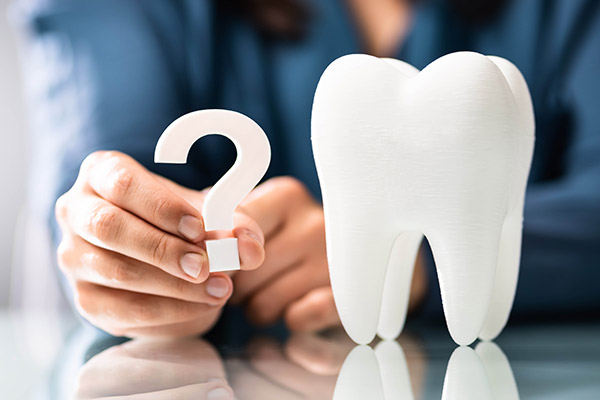 For those who severely damage or lose a permanent tooth, dental implants can restore the appearance and function of a healthy smile. This option produces a durable and more natural-looking replacement than other alternatives, such as crowns or bridges. While the treatment process can be lengthy, most patients find they can return to a normal lifestyle after recovery. This includes using an electric toothbrush for daily home care. Still, it is important to maintain proper practices to help protect the implant from damage or failure.
For those who severely damage or lose a permanent tooth, dental implants can restore the appearance and function of a healthy smile. This option produces a durable and more natural-looking replacement than other alternatives, such as crowns or bridges. While the treatment process can be lengthy, most patients find they can return to a normal lifestyle after recovery. This includes using an electric toothbrush for daily home care. Still, it is important to maintain proper practices to help protect the implant from damage or failure.
Patient concerns about new dental implants
Many individuals who receive implants are worried about the screws loosening over time. However, this is unlikely if the procedure is performed well by an experienced professional and the patient follows instructions for follow-up care. Research has shown that electric and sonic toothbrushes, which do produce small vibrations in the mouth, are actually beneficial in preventing bone loss, gum disease and tooth decay. This type of stimulation is more likely to maintain the life of the implant when performed correctly.
The importance of proper brushing and flossing
Just as with natural teeth, implants should be brushed and flossed on a daily basis. While some initial appointments may be scheduled for evaluation, the patient should soon be able to return to regular checkups every six months.
Benefits of electric toothbrush use
Although a regular, manual toothbrush is sufficient for good oral health, electric toothbrushes may be a more favorable option. These devices are more efficient at stimulating soft tissues and circulating fluids and toothpaste into tight places. Electric versions can replicate anywhere from 2,500 to 7,000 brush strokes per minute, while sonic models move at a rate of around 30,000 strokes per minute.
Proper technique for safe and healthy home cleaning
Many dental professionals recommend using a manual toothbrush during the first few weeks after implant placement. This practice can help prevent irritation of sensitive tissues during the healing process. Once the area is healed, an electric toothbrush is an excellent choice for routine home cleaning.
Patients should be careful to apply only gentle pressure with light, sweeping movements. Aggressive brushing can lead to gum irritation, enamel loss and damage to the implant tooth cap. Regular flossing should also be maintained. In addition, patients may benefit from using an oral irrigation system to clean beneath the gum line.
Risks of poor oral hygiene after implants
One of the biggest potential problems with dental implants is an increased risk of infection. While this can occur if the body rejects the implant, it is more likely to happen when the site is not properly cleaned. Individuals who undergo this type of treatment should take extra care to develop healthy oral care routines while visiting the dentist as often as recommended.
Check out what others are saying about our dental services on Yelp: Dental Implants in Gainesville, VA.
Conclusion
Dental implants are an effective solution for tooth replacement. While follow-up care during recovery may differ from normal habits, regular brushing can usually resume shortly thereafter. It is always prudent to consult a dentist on specific instructions. Electric toothbrushes are often an excellent choice for daily care due to their ability to clean thoroughly and efficiently.
Request an appointment or call Prince William Dental at 703-662-8287 for an appointment in our Gainesville office.
Recent Posts
Dental implants and bridges can both be used to replace one or multiple missing teeth. Having multiple missing teeth can put a dent in one’s oral health. Patients who have lost a lot of teeth not only have trouble chewing but even smiling while out in social gatherings.The world of dentistry has evolved so much…
Dental implants can prevent problems resulting from tooth loss. Some people need these restorations because they do not want to use unstable, removable tooth replacements. Others want to have a natural look. Finding out your eligibility for this treatment is crucial in achieving your dental health goals. If you want to know if you are…
A root canal treatment is capable of retaining the natural tooth structure and replacing the damaged pulp with a dental filling. This procedure has a reputation of being painful. Even so, many people still have it. If you want to know how common a root canal treatment is, here are the details.Studies show that dentists…


